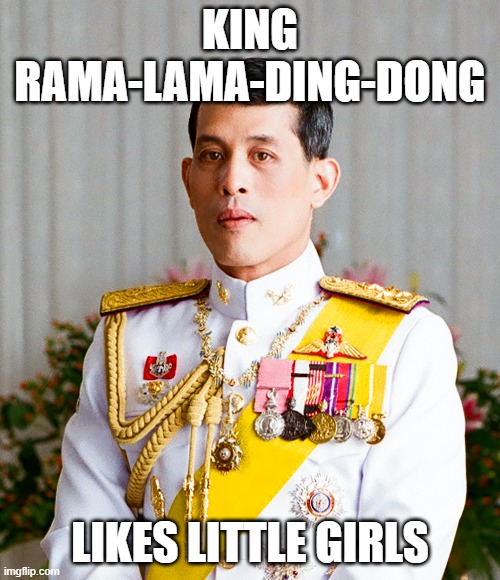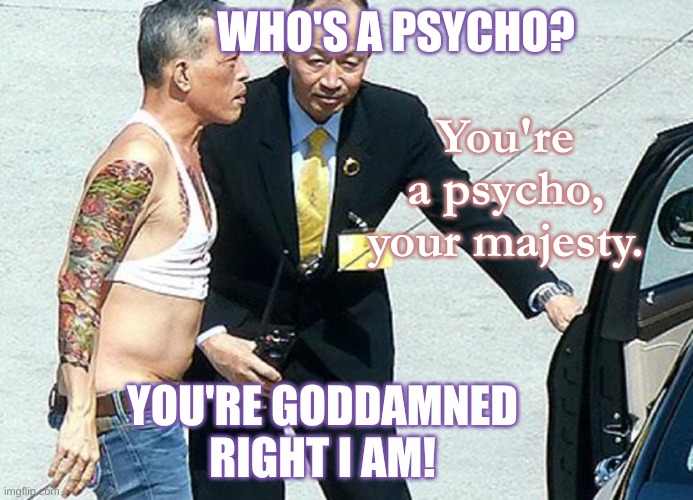Before getting to the details of some of those, we should take note of what Gay has been mainly known for during her time in the Harvard administrative bureaucracy, and that is “racial justice initiatives.” For example, there is this article from Harvard Magazine, August 20, 2020, with the title “Claudine Gay Announces Racial-Justice Initiatives.” Brief excerpt:
Claudine Gay, dean of the Faculty of Arts and Sciences (FAS), announced a series of initiatives to address racial and ethnic equality—including faculty appointments and the addition of an associate dean of diversity, inclusion, and belonging. “This moment offers a profound opportunity for institutional change that should not and cannot be squandered,” Gay wrote in an email to the campus community. “It is up to us to ensure that the pain expressed, problems identified, and solutions suggested set us on a path for long-term change.” On the academic side, Gay announced a reactivation of the “cluster hire” in ethnicity, indigeneity, and migration that originally launched in October 2019—part of FAS’s response to intense student interest in, and pressure for, teaching and learning in ethnic studies.
It goes on and on from there. Various pieces I am reading yesterday and today also indicate that Ms. Gay’s scholarship, such as it is, focuses on the areas of Critical Race Theory and Diversity, Equity, Inclusion and Belonging. No surprise there.
So let’s now consider the case of Ryan Enos, including the role of Ms. Gay in same. Mr. Enos was a recently-tenured young professor at Harvard when in 2018 an anonymous whistleblower (with identity protected under a federal statute) submitted a complaint to Harvard accusing him of fabricating his data for his most important works. Four years later, in early 2022, the whistleblower report was leaked to Brunet, who broke the story in this March 2022 post with the title “EXCLUSIVE: Leaked Report Shows Harvard Professor Fabricated Data.” Brunet provides this link to the whistleblower report, but when I go there I find that it is behind paywall, and on top of that is supposedly “archived,” such that it will take 24-48 hours to retrieve it. So I will go with Mr. Brunet’s description of the contents.
From Brunet’s description, a main focus of the whistleblower complaint was an Enos paper that appeared in 2016 in the American Journal of Political Science, with the title “What the demolition of public housing teaches us about the impact of racial threat on political behavior.” In the paper Enos advanced what he called the “racial threat theory.” From Brunet’s description:
[The ‘racial threat theory’] is closely related to "critical race theory," and attempts to quantify the degree to which white people feel threatened by minorities. To study this, Enos examined the demolition of public housing project in Chicago in the early 2000's and concludes that it resulted in white people voting less conservatively.
But the whistleblower points out several problems with Enos’s analysis, of which this is the main one:
The main problem with his analysis — among several problems — is that 800+ precincts in Chicago are missing from the data, with no justification given. It is possible/probable that Enos deleted this data by hand. Many of these deleted precincts are in Republican leaning areas, meaning Enos' conclusions about voting patterns would likely not hold if they had they not been deleted.
And there’s a comparable problem of alleged data falsification in another one of Enos’s articles. So the complaint is facially plausible, and not difficult to investigate. What happened to it? From Brunet’s April 2022 piece:
Rather than investigate this claim, Claudine Gay had the Harvard Committee on Professional Conduct write a dismissal letter with the justification that CPC is not the appropriate unit to investigate, so the report is dismissed.
“Not the appropriate unit to investigate”? In an October 21, 2022 post Brunet comes up with two rather damning things. One is a screenshot of the newly-leaked text of the October 26, 2018 letter from Peter Marsden of Harvard’s Standing Committee on Professional Conduct of the Faculty of Arts and Sciences (i.e., Marsden was a subordinate of Gay) to the whistleblower. This is the letter that informed the whistleblower of the dismissal of the complaint. The letter states that the SCPC declines to investigate the allegations of Enos’s misconduct on the grounds that they “do not fall within the purview of the Standing Committee on Professional Conduct.” The second item presented by Brunet is a screenshot of the write-up from the Harvard FAS website describing the function of the SCPC as including “handl[ing] allegations of research misconduct involving FAS investigators.”




